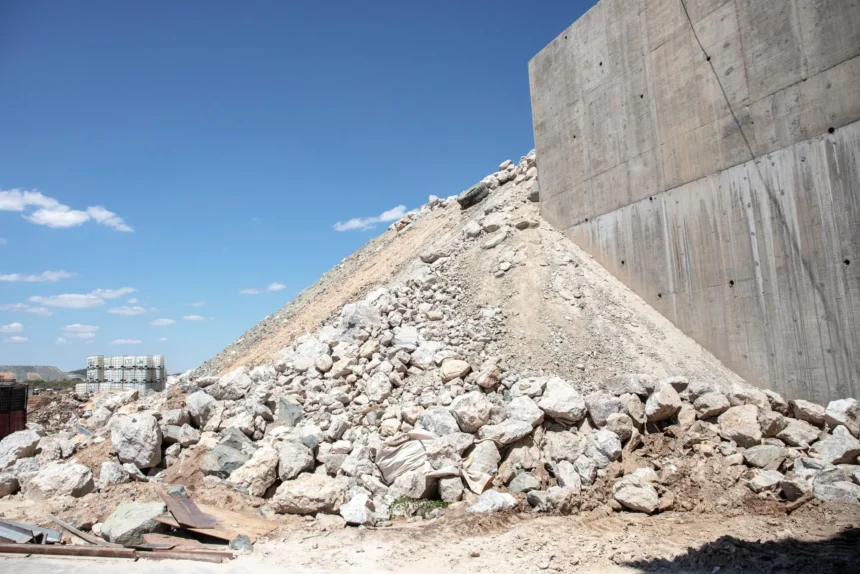Zimbabwe is set to ban the export of raw lithium by 2027, a move aimed at forcing companies to process the mineral domestically. This ambitious strategy, revealed by Finance Minister Mthuli Ncube, is designed to ensure Zimbabwe reaps greater economic benefits from its substantial lithium reserves, a key component in the booming electric vehicle battery market.
Currently, Zimbabwe holds Africa’s largest lithium deposits and ranks among the top global producers of the mineral. However, most of this lithium is exported as concentrates, meaning the country misses out on the significant value added through further processing.
By implementing this ban, Zimbabwe hopes to spur the development of local processing plants and ultimately, attract investment in battery manufacturing.
The decision stems from a desire to maximize returns from Zimbabwe’s natural resources. Exporting raw lithium concentrates means that much of the profit and job creation associated with refining and manufacturing lithium-ion batteries occurs outside the country.
- Advertisement -
The success of this strategy hinges on several factors, including the ability to attract sufficient investment for processing infrastructure, the development of a skilled workforce, and a stable regulatory environment. If successful, Zimbabwe could position itself as a significant player in the global lithium supply chain, moving beyond simply being a raw material supplier to a hub for value-added production.








